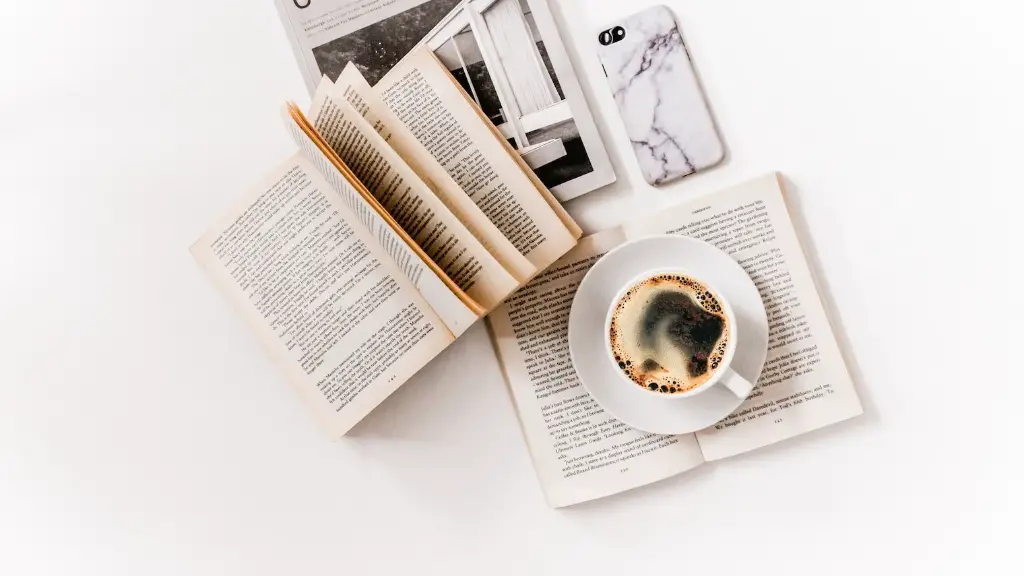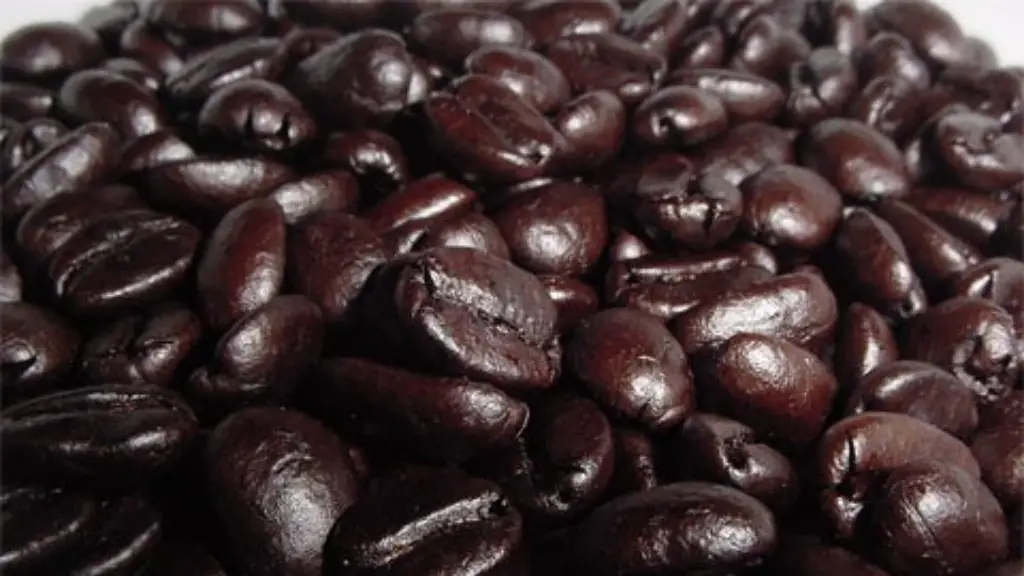Having the flu can be unpleasant. But is it really necessary to forgo coffee for the duration of your illness? We explore the facts surrounding this question to help you decide.
When determining how to best cope with flu-like symptoms, it is important to listen to your body. A good rule of thumb is to avoid anything your body does not want, including particular types of food, drinks and medications. For most, coffee consumption is more a source of pleasure than a necessity. So, if having that cup of coffee makes you feel good, it is generally safe to do so.
However, if you have the flu or any other viral or bacterial illness and you are stressed or fatigued due to your condition, it is best to avoid coffee and other caffeinated drinks. Caffeine can interfere with the natural healing process, interfere with your physical and mental alertness, and intensify flu-like symptoms such as headaches, dizziness, and stomach problems.
Drinking coffee when you have the flu is not necessarily bad for you, but it is important to be mindful of your condition and mindful of your coffee consumption. Here are some tips to keep in mind if you decide to drink coffee while you are ill:
- Consume coffee in moderation and don’t over-indulge.
- Drink high-quality coffee, as some types contain more caffeine than others.
- Avoid adding extra sugar or flavored syrups in your coffee.
- Choose brewed coffee over instant coffee.
- Use almond milk or other dairy-free milk alternatives to avoid aggravating your stomach.
Experts agree that it is generally safe to drink coffee while you are sick if done in moderation. However, some argue that the best course of action is to abstain from caffeine until you have recovered. Dr. Michael Greger, a well-known nutritionist, recommends avoiding caffeine while you are sick as caffeine can interfere with your body’s ability to absorb certain vitamins and minerals. He also notes that caffeine can irritate the digestive tract and increase inflammation.
It is important to remember that everyone responds differently to different foods and drinks, so it is always best to listen to your body and pay attention to how you feel. If you decide to drink coffee when you are sick, be sure to drink plenty of fluids, get plenty of rest and eat healthy foods.
What Effects Does Caffeine Have on the Body?
Caffeine is found in tea, coffee, energy drinks and various types of chocolate. Caffeine is a stimulant that acts on the central nervous system, increasing alertness and providing a temporary boost of energy. It can also help improve physical performance and alertness in a variety of sports activities.
Caffeine has also been found to have both positive and negative effects on the body. On the one hand, it can help improve focus, concentration, mood and mental clarity. On the other, short-term side effects can include restlessness, jitters, increased heart rate, headaches and difficulty sleeping. Long-term consumption of caffeine can lead to tolerance and dependence, meaning that more caffeine needs to be consumed to produce the desired effect.
Individuals who already have an elevated heart rate or blood pressure levels should be particularly careful when consuming caffeine. Caffeine can also interact with certain medications, such as those used to treat diabetes, depression and anxiety.
What To Consider When Consuming Coffee When Sick?
The key to drinking coffee when you are sick is to do so in moderation. Caffeine is addictive, so it is important to keep an eye on your consumption to ensure that you do not become dependent on it. Additionally, be sure to pay attention to the quality of your coffee and the type of milk you use. Flavored syrups and high-fat dairy milks are best avoided if you are feeling unwell.
It is also a good idea to drink plenty of fluids and opt for decaffeinated coffee if you want to minimize the effects of caffeine on your body. Additionally, be sure to stay away from energy drinks and other caffeinated beverages as these can further exacerbate, rather than alleviate, flu symptoms.
Can Caffeine Help Recovery?
Caffeine can help improve mental acuity and alertness in the short-term, but it is important to note that it cannot cure the flu or speed up recovery time. In fact, research suggests that consuming excessive caffeine can interfere with the body’s natural healing process and place additional stress on the body. The key is to ensure that you maintain a balance between your caffeine consumption and sufficient recovery time.
Therefore, while moderate coffee consumption is generally safe while you are sick, it is important to listen to your body, be mindful of your caffeine intake and get plenty of rest. If you decide to drink coffee, be sure to opt for high-quality coffee, drink in moderation and avoid added sugars or syrups.
Does Coffee Help With Flu Symptoms?
Coffee can potentially help increase alertness and energy levels, improve focus and concentration, and temporarily provide a sense of relief from the symptoms of the flu. However, there is no scientific evidence to suggest that it can help reduce the symptoms of the flu in the long-term.
Consuming too much caffeine can also contribute to increased dehydration and may make the symptoms of the flu worse, such as headache and fatigue. Therefore, it is important to evaluate the pros and cons of coffee consumption and to ensure that you are aware of the potential risks associated with drinking coffee while sick.
Should You Drink Coffee When You Have the Flu?
Ultimately, the decision whether or not to drink coffee when you have the flu is yours to make. It is important to consider your overall health and make sure to listen to your body. Moderation is key and if you decide that coffee is not right for you, it is best to completely avoid it.
It may also be beneficial to opt for decaffeinated coffee or tea instead. Additionally, be sure to get plenty of rest and drink lots of fluids—including water—to help keep your body hydrated and to aid in the recovery process.




